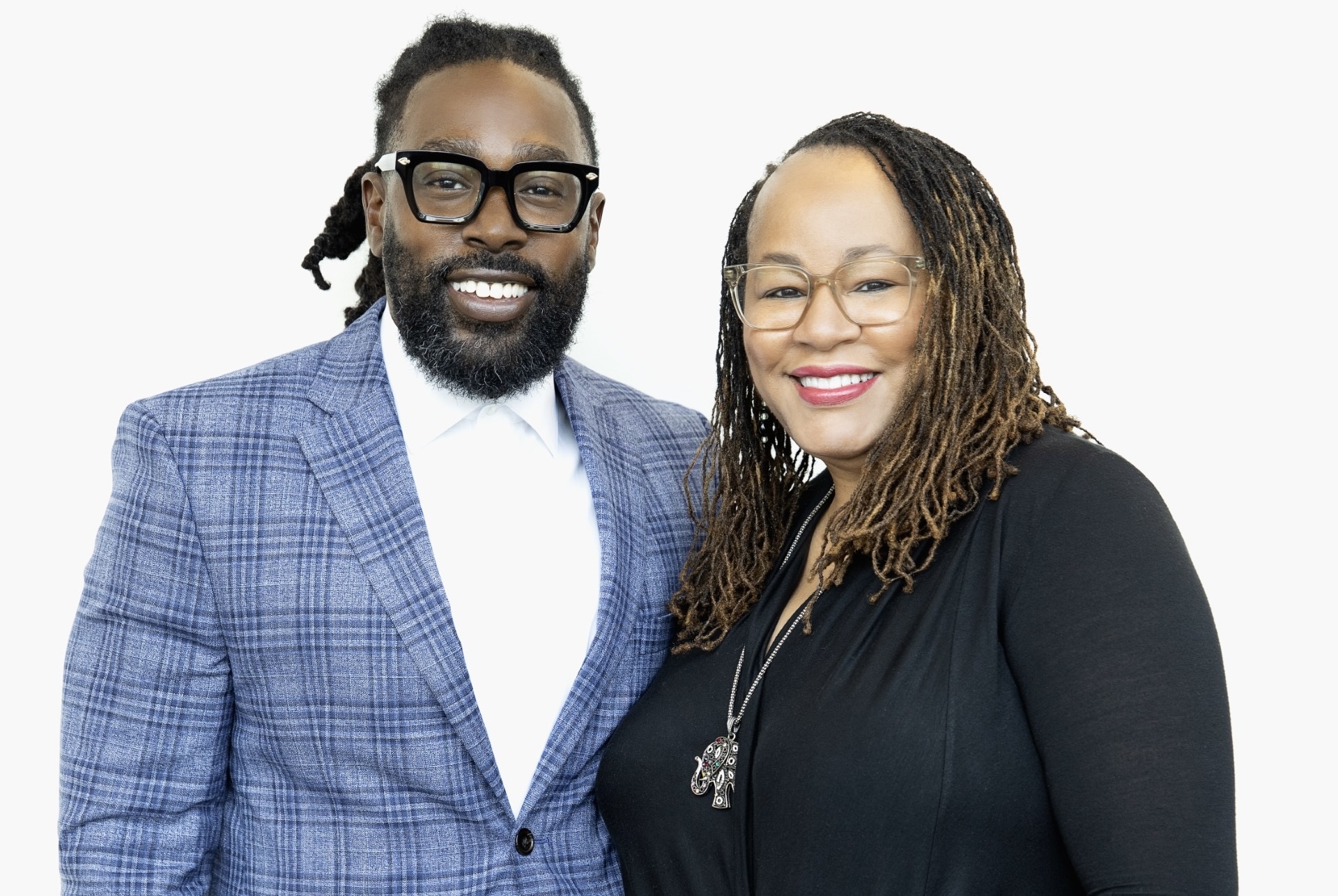
September 12, 2023
Unlocking The Power Of Faith Communities To Combat HIV/AIDS In The South
“The Black Church is one of the most important autonomous institutions that Black people have,” said Dr. Shonda Jones, a scholar, researcher, and administrator at Wake Forest University’s School of Divinity. “It is an institution that is owned and cared for by Black people for Black people, and its connection to our communities and social advocacy cannot be overlooked—it is a matter of life and death.”
Jones, who has more than 20 years of experience in theological education and HIV/AIDS advocacy, understands better than most how critical the Black Church is in the fight against HIV/AIDS in the Southern U.S. As Principal Investigator of Gilead’s COMPASS Initiative Faith Coordinating Center and a member of its HIV and Faith Advisory Board, she helps prepare ministry and non-profit leaders to better understand and address HIV and the potential harm of stigma within faith spaces.
This work is especially important in the South, where HIV impacts communities at disproportionate rates compared to the rest of the U.S. According to the Centers For Disease Control and Prevention (CDC), Southern states today account for an estimated 51% of new HIV cases annually, even though just 38% of the U.S. population lives in the region. In 2021, 492,922 people were living with HIV in the South, and 18,703 people were newly diagnosed with HIV.
COMPASS (COMmitment to Partnership in Addressing HIV in Southern States), which recently celebrated its five-year anniversary, seeks to address these disparities through the strategic and concentrated investment of more than $100 million to Southern organizations working to reduce health disparities, build awareness, advance education, and reduce stigmas around HIV.
The Wake Forest University School of Divinity is one of four Coordinating Centers at the heart of the initiative. While each Coordinating Center has its area of focus, they all work collaboratively to address the Southern HIV/AIDS epidemic. The Wake Forest Center specifically works to build the capacity and organizational resiliency of faith communities.
Signing on to COMPASS was a no–brainer, according to Jones. “When we joined Gilead in this initiative, we knew it was a perfect match because it complemented the work we were already doing in the divinity school,” Jones said.
Since its inception, the Wake Forest Center has established nearly 1,000 community partnerships across the South, creating a powerful network which they leverage to build awareness, strengthen education and training, and develop spiritually integrated tools to support all people impacted by the HIV/AIDS epidemic. The coordinating center has also awarded more than $3 million in grants to 95 of those partners that work with faith communities. These efforts, Jones said, are grounded in the divinity school’s mission to equip learners to be agents of justice, reconciliation, and compassion within their ministries.
Aquarius Gilmer, Director of Business Strategy at Gilead, is no stranger to Jones’ leadership and influence – she was the person who encouraged him to pursue a Master of Divinity at Emory University’s Candler School of Theology. He credits Jones for the intentional, intersectional, and inclusive ways Wake Forest has been able to build upon a long legacy of faith-based HIV work. This COMPASS Coordinating Center is accelerating HIV/AIDS awareness and building the capacity of faith communities in the South.
“At Gilead, we lead by listening,” Gilmer said. “And in doing so, our goal is to use our resources to catalyze the efforts of changemakers like Dr. Jones and others across the South. We take great pride and joy in being responsive partners that power the transformative work coming out of our Coordinating Centers.”
A key part of that work is ensuring access to the tools and resources the centers provide. Jones said Wake Forest is using technology to engage Southern faith leaders and advocates in the South, reaching more than 100,000 people on social media and establishing a hub of information through their website blackfaith.org, which is an outgrowth of the NAACP’s faith-based initiatives that include interactive maps, TED Talks, and more.
“Our intention is to continue to grow the site so that it can be a centralized source of relevant information,” Jones said. “The site provides multimedia content highlighting pastors and congregations who have shifted their narrative around HIV and other powerful stories to help guide communities on how to do this necessary work in a way that includes healing and holiness.”
Recalling his time as a chaplain in Atlanta, GA, Gilmer recognizes there is a lot of stigma and trauma surrounding HIV/AIDS within Black communities. He is hopeful, however, that the work of COMPASS will continue being a healing balm for communities throughout the South. Like Jones, he believes faith communities are indispensable when it comes to reducing and eliminating the blight of HIV stigma and discrimination. His hope is that more faith communities and people of good will see themselves as part of the solution so that, collectively, we can one day end HIV for everyone, everywhere.
“People of faith have a unique opportunity to change the HIV narrative and landscape,” Jones added. “We will continue activating faith leaders and communities to embody this redemptive and transformative work.”